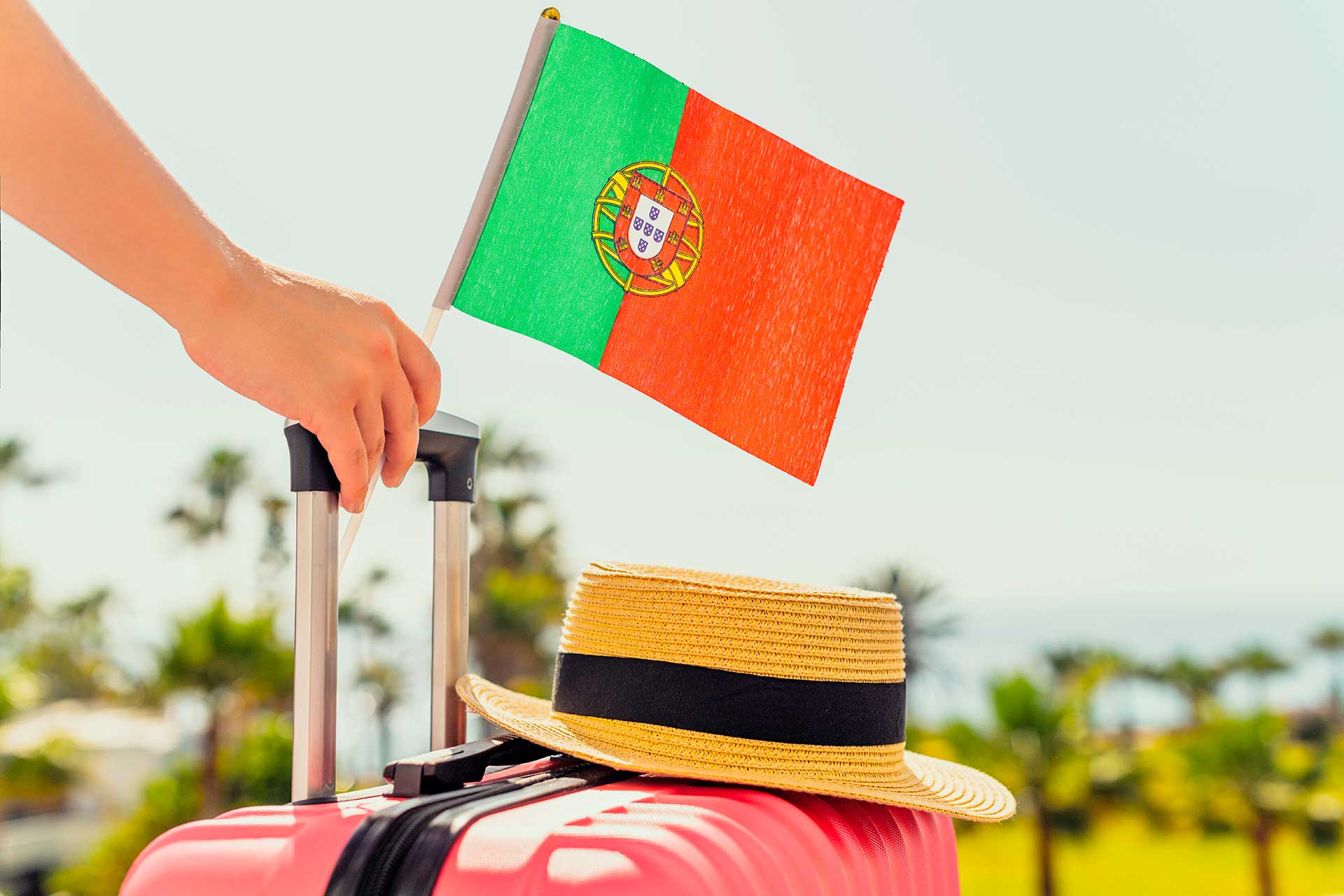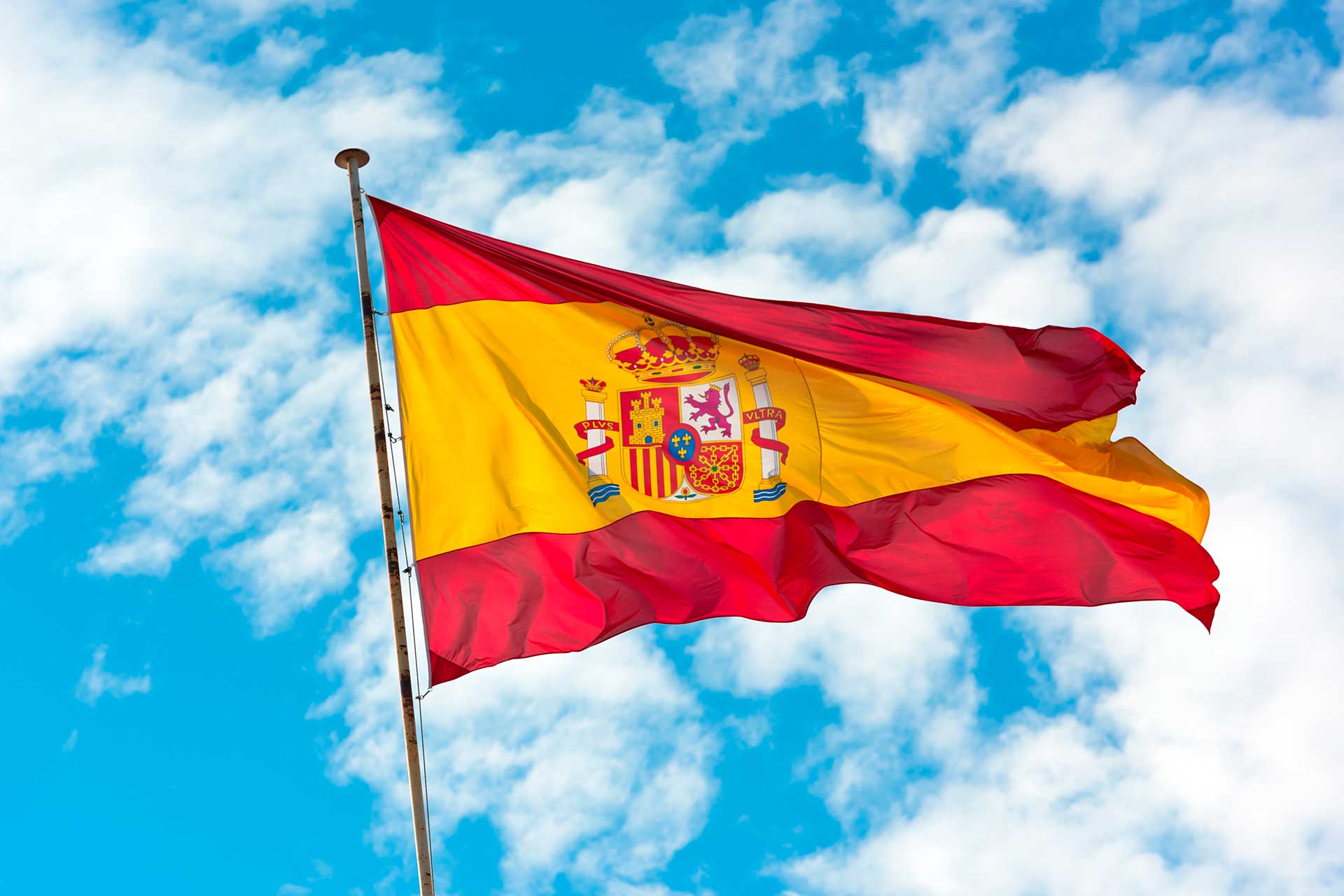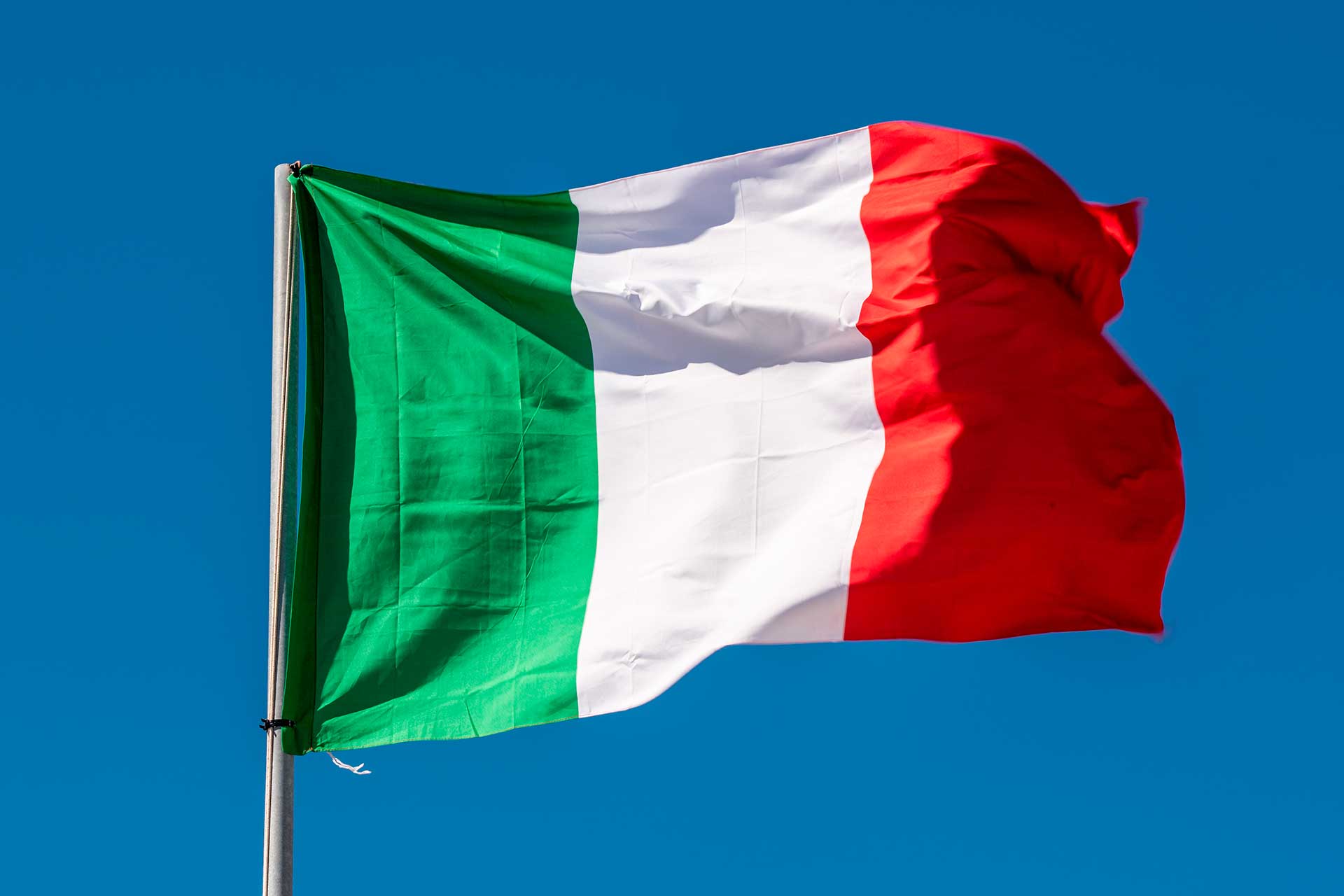December 02, 2024
A residence permit in the EU is a document that gives you the right to reside in the territory of the association for the period established by law, to enter and leave the country without a visa. Having obtained a residence permit in Europe, a foreigner can work there (depending on the basis), study, use social and medical services, run a business. At the same time, the residence permit is limited in time, unlike the permanent residence permit, which is valid indefinitely and gives you access to almost all the rights of EU citizens.
In 2025, a record number of primary residence permits were issued in the European Union – more than 3.7 million. The residence permit is granted for a period of one year with the right to extend, it allows you to apply for permanent residence and then European citizenship. The process of naturalization (registration of a country’s passport on the basis of long-term residence in it) can take 5-8 years depending on the national legislation.
However, there are simplified programs that allow you to acquire EU citizenship much faster. You can learn more about simple ways of immigration to European countries and get an individualized plan of moving to the EU by contacting Globalcitizenpass international law specialists.
Advantages of obtaining an EU residence permit
Residency in the EU opens access to travel throughout the Schengen area (90 days within a 180-day period) without a visa. This rule applies to those who have obtained a residence permit in one of the member states of the Treaty on the Simplification of Passport and Visa Control. Other opportunities and rights of holders of a European residence permit include the following:
- the right to official employment, opening companies, self-employment and running a business (conditions may vary depending on the basis);
- obtaining a prestigious education that is recognized worldwide, including the right to apply for grants, scholarships and other state support;
- the opportunity to open accounts in reliable banks, take out loans and mortgages, and buy any kind of real estate;
- access to health and social services (unemployment assistance, integration training, childcare allowance, etc.);
- tax benefits (for example, having a residence permit in Cyprus or Malta, one can obtain tax residency there and pay taxes only on income received in the country).
One of the key advantages of a residence permit in the European Union is the prospect of acquiring citizenship, which opens access to the maximum list of rights.
Ways of obtaining a residence permit in the European Union
The grounds for European residency are regulated by the national legislation of the respective state, so the conditions may differ significantly from country to country. Some categories of foreigners (students, highly qualified workers and others) are subject to general immigration requirements that are the same in all countries. Among the most common ways of obtaining a residence permit in the European Union are the following:
- Family reunification.
Spouses, children (including adults who cannot take care of themselves) and parents (in certain cases) of EU citizens or residents can apply for a residence permit for a year or more. In some countries, the program is available to official and unregistered partners. The sponsor must prove the ability to provide for him/herself and his/her family (housing, sufficient income, health insurance). Sometimes applicants for a residence permit are required to know the national language of the country. The sponsor may also be required to meet the minimum period of stay in the EU (2 or 3 years). - Study.
Enrolling in a university in the EU and having sufficient funds to cover your own living and study expenses are the main conditions for obtaining a student residence permit. You will also need health insurance, parental permission (for persons under 18 years of age), and knowledge of the language of instruction. The document is valid for at least a year with the possibility of extension. After completing your studies, you can apply for a residence permit to find a job for a period of 9 months or more. To obtain a new residence permit, you will need another reason (e.g., employment or business). - Employment.
A work contract of one year or more is the basis for obtaining a residence permit through employment. Highly qualified specialists can become holders of the EU Blue Card if the contractual salary exceeds the national average by at least 1.5 times. The permit is valid for up to 4 years with the possibility of renewal and further citizenship through naturalization. - Humanitarian reasons.
If there is a threat to your life or health, it is possible to request refugee status in the EU. Each case is considered individually, usually for at least a year. Beneficiaries of international protection can obtain a residence permit in Europe for a period of 3 years or more. Permanent residence status can be acquired if integration requirements are met (language skills, employment and others). There is also a temporary protection mechanism for a certain category of displaced persons, which allows them to reside in the EU without the possibility to apply for an EU passport upon naturalization. - Business conduction, self-employment.
If you have a business plan with proof of financial possibilities for the implementation of the project, as well as means for self-support, you can acquire residence permit in European countries as a self-employed person. For doing business in 2025, some European states set requirements in the form of job creation (from 10 in Bulgaria, for example). The residence permit is valid from one year with the possibility of extension if the conditions for issuing the document are preserved. - Investment.
When buying real estate or investing a certain amount of money in state assets, you can obtain a residence permit in an EU country, which is issued for a period of one year or more. Subsequently, you can apply for permanent residence and citizenship on standard terms, and in some states, investors are granted certain privileges. For example, in Portugal to maintain and extend the residence permit must be on its territory for only 7-14 days with investments from 250 000 EUR. In Bulgaria applicants can immediately obtain a 5-year residence permit for investments from 128,000 EUR. - Marriage.
Spouses and partners of EU residents can obtain a residence permit under a simplified program with the possibility to get a job. In order to apply for a residence permit, it is necessary to present civil status certificates confirming the registration of the union. The receiving party in some cases is required to provide evidence of sufficient financial resources to support themselves and their partner, as well as housing in the country of immigration. If the state law allows immigration through civil marriage, additional evidence that the relationship is not fictitious (joint photos, lease or purchase agreement) will be required. - Financial independence.
Some countries offer temporary residence for persons who are able to support themselves. In this case, the residence permit does not imply the possibility to claim social assistance (e.g., unemployment), get a job or run a business. The permit is issued for a year, provided that you have proved the availability of sufficient financial resources for the period of validity of the residence permit. This basis is relevant for pensioners, freelancers working online in another country, and owners of passive income.
In some European countries today, there are simplified migration programs, under which you can obtain citizenship with minimum requirements in a period of up to 14 months and move to any EU country. Find out from Globalcitizenpass international law experts during a free consultation.
The best EU countries for obtaining a residence permit
Simplified granting of residence permits in certain countries can occur for those who decided to buy real estate in the EU or invest in state assets. For example, in Portugal it is possible to obtain a residence permit without a visa for investments from 250 000 EUR, in Spain – from 500 000 EUR. In Germany, self-employed persons, highly qualified workers, graduates of German universities can obtain temporary residence under a simplified program for a period of 21 months to 3 years.
France, Italy, Spain and some other European countries offer a simple procedure of residence permit registration for financially independent persons. The main condition for issuance of the permit is confirmation of the applicant’s availability of sufficient funds to support him/herself. The disadvantage of this program is the lack of employment opportunities, so this option will be the best choice for digital nomads working outside the country, and owners of passive income.
The easiest and fastest way to immigrate to the EU is repatriation, especially if you are considering the prospect of European citizenship. To take advantage of the program, you need to prove belonging (ethnic or territorial) to a certain state. In Romania and Bulgaria, you can become a citizen without a residence permit. In Slovenia, before applying for citizenship you need to live for a year, and repatriation here is carried out on a territorial basis (for descendants of Slovenian expatriates who actually lived on the territory of the state).
Loyal immigration conditions and the availability of simplified programs for obtaining EU citizenship make Bulgaria, Romania and Slovenia popular among those who want to obtain a European passport.
The procedure for obtaining a residence permit in Europe
The granting of a residence permit is regulated by the legislation of a particular European country to which immigration is planned, so the conditions, terms and requirements for applicants may differ. The standard procedure will consist of the following stages:
- Collecting documents and making an appointment at the consulate.
Permission to enter a European country is issued at its consulate at the place of your current residence. The dossier will consist of documents confirming the basis for the move (business plan, income statement and others), passport, up-to-date photos, health insurance policy, visa application form. It is usually necessary to pre-register at the consulate, pay an administrative fee and complete the online application form. - Obtaining a long-term visa type D.
The average processing time is at least one month (up to 35 working days in Bulgaria, up to 90 in the Czech Republic). In some cases, it is necessary to undergo a short interview at the consulate and submit biometric data after approval. The national visa is valid for up to 12 months. The authorization can be issued as a visa sticker in the passport or an online document. - Moving to a European country and applying for a residence permit.
After crossing the border of an EU country, it is necessary to apply to the local authorities (usually the Aliens Office) for a residence permit. The request is considered on average from 15 days to 2 months. After a positive decision of the authorities, it is necessary to collect the document in person, in some cases the delivery is made by mail. The term of validity of the residence permit is from one year with the possibility of extension in case of further compliance with the migration legislation.
In order to complete the immigration process successfully, it is worthwhile to go through it in the company of professionals. At all stages, from choosing the country and the basis for moving to the execution of internal documents, you will be provided with qualified support to obtain the desired result. In addition, the Globalcitizenpass specialists will inform you about all simplified ways of obtaining citizenship in the period from 4 to 14 months.
List of documents for obtaining a European residence permit
The contents of the dossier for obtaining a European residence permit can be different, depending on the specific state and the reason for moving. As a rule, an applicant for a residence permit requires the following:
- application form;
- valid passport or other travel document;
- a criminal record certificate issued by the country of permanent residence;
- health insurance policy;
- fee payment receipt (if available);
- civil status certificates (change of surname, marriage).
You will also need to prove your compliance with immigration law and the relevance of your grounds for immigration by providing one of these documents:
- certificate of enrollment in an accredited educational institution;
- employment contract;
- business plan;
- civil status certificates confirming ethnic or territorial belonging to a certain country;
- registration data of a self-employed person;
- marriage certificate.
The competent authority considering your case, if necessary, may require additional information, which will need to be provided in time.

Renewal of a residence permit
If a foreigner with an up-to-date European residence permit still has grounds to stay in the EU, he/she can extend the document, usually for a similar period. The extension process consists of the following steps:
- Submission of an application for extension of residence permit.
The request is registered before the previous document expires (1-3 months on average). In order to be approved for a residence permit extension, you will need to pay an administrative fee and provide evidence of a stable and sufficient income, suitable housing, health insurance, an up-to-date residence permit confirming the legality of your stay in the EU. It will also be necessary to confirm the basis for residence in the country, for example, by supplementing the dossier with a valid work contract of residence permit through employment. - Receiving the decision.
After approval of the prolongation of your residence permit, you will be issued a new document. - Registration of a permanent residence.
After 5 years of residence in an EU country, you can apply for permanent residence. This status, unlike the residence permit, is valid indefinitely, you only need to renew the card periodically without any conditions.
The permanent residence permit gives you the same rights and obligations as EU citizens. The only difference is the lack of the ability to vote and be elected to Parliament, also permanent residents are not required to perform military service. Staying on the territory of the EU country for a fixed period of time allows you to apply for EU citizenship. Each country sets its own residency limit (the minimum required length of residence), which must be met. On average, an EU passport can be obtained after 5-8 years, if you do not use the simplified procedure for obtaining citizenship.
Reasons for refusal in issuance of a residence permit
Each European state sets its own requirements that must be met in order to obtain a residence permit when immigrating from outside the EU. The most common reasons for refusal to issue a residence permit are the following:
- violation of EU migration legislation (e.g., staying within the European Area for more than 90 days without a relevant reason);
- providing false or irrelevant information when applying for a residence permit;
- failure to meet the deadlines for submitting applications;
- incomplete package of documents, based on which the grounds for immigration are confirmed;
- serious criminal record or reasons to believe that the applicant poses a threat to public safety and order.
A negative decision of the authorities can be challenged in court, but it is better to avoid the possibility of being rejected. International lawyers are familiar with all the nuances of immigration procedures, so they can help you obtain legal status in the EU as quickly as possible. To learn more about this, contact us for a free consultation.
Registration of residence permit in Europe with the help of specialists
Despite the fact that the European residence permit opens access to a virtually identical set of rights and benefits, each of the countries of the association puts forward its own requirements for candidates for residency. To immigrate to the EU, you need to know the current legislation with all its subtleties and choose the best program for the move. Feedback from immigrants who have already settled in Europe indicates that the assistance of experienced lawyers at every stage opens up the possibility to immigrate to the European Union quickly and easily.
Experts of international law will offer you an individual plan of moving to a European country, as well as collect a dossier. With the help of lawyers, it is possible to obtain residence permit and citizenship under a simplified program. Depending on your preferences and request, Globalcitizenpass specialists will choose the best immigration option. To start the process, just make an appointment for a free consultation.

 English
English  العربية
العربية  Русский
Русский 


